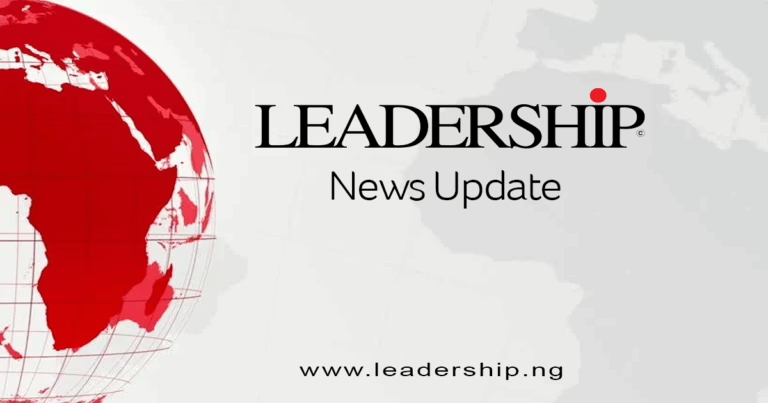The 2025 African International Conference on Islamic Finance (AICIF) Pitch Competition recently showcased 20 innovative startups vying for a ₦5 million grant, underscoring Africa’s commitment to nurturing a new wave of ethical and impact-focused enterprises.
Hosted in Abuja on Saturday as a lead-up to the 7th AICIF scheduled for November, the contest drew over 200 applicants from across the continent. After a rigorous selection process, 20 finalists emerged-split evenly between technology-driven ventures and those centered on social impact.
Hajia Ummahani Ahmad Amin, the organizer of AICIF Nigeria and managing partner at Metropolitan Law Firm, emphasized that the event transcended a mere competition.
“This day is a tribute to innovation, determination, and visionary thinking. These young founders are not simply pitching ideas; they are shaping Africa’s future. Their solutions hold the promise to generate employment, transform sectors, and foster meaningful social change,” she remarked to the attendees.
The startups, which included offerings from halal technology to platforms for ethical investments, were evaluated by a distinguished panel based on criteria such as originality, potential for growth, and adherence to Islamic finance values.
Abdulkadir Abbas, director at the Securities and Exchange Commission (SEC), who was present at the event, praised the caliber of presentations.
“The enthusiasm, dedication, and creativity on display are truly commendable. Selecting winners will be challenging. This event perfectly captures the spirit of principled entrepreneurship,” Abbas noted.
The SEC’s participation highlights its increasing endorsement of the non-interest finance sector.
Abbas elaborated that the commission has established regulatory frameworks facilitating access to capital for small enterprises through Sharia-compliant crowdfunding and other investment vehicles.
Yinlaifa Edolo, managing director of Metropolitan Skills Ltd, explained that the competition’s goal is to equip young entrepreneurs with ethical resources to build enduring businesses.
“This funding is not a loan or debt; it provides startups with the freedom to innovate, expand, and develop ventures grounded in equity and social accountability,” she stated.
For Abimbola Ajinibi, associate director at First Trustees, supporting SMEs is vital.
“Small and medium enterprises form the backbone of Africa’s economy but often struggle to secure affordable financing. Utilizing halal financial instruments such as Waqf, Sukuk, and ethical crowdfunding enables their growth without the weight of exploitative interest,” he explained.



















